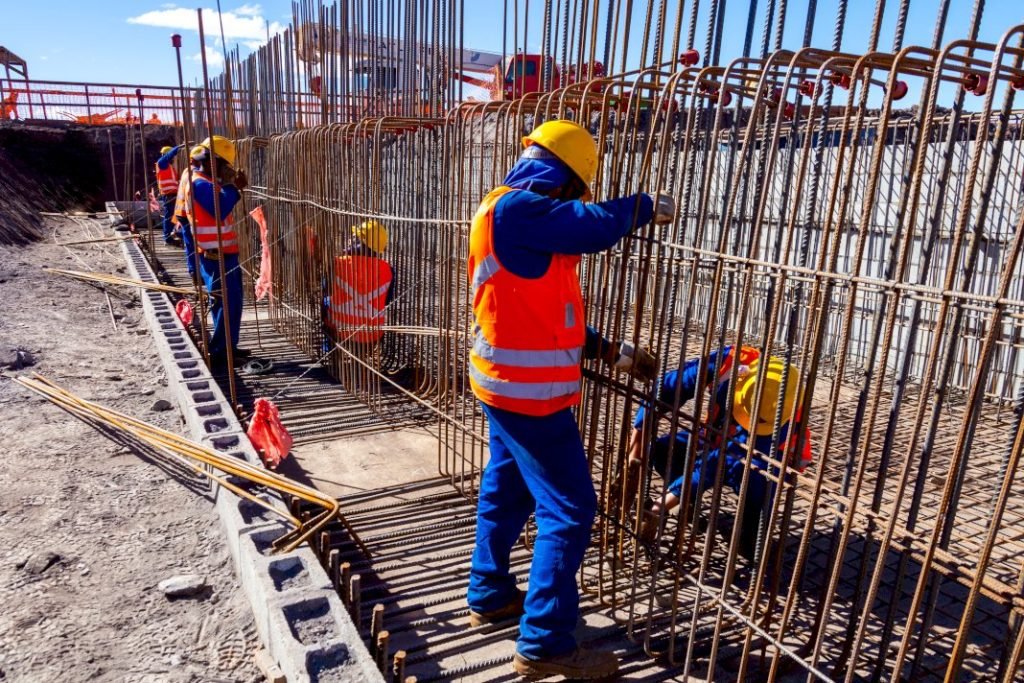Starting a construction business abroad requires knowledge of the local industry, regulations, and laws. It also involves understanding cultural norms and practices in a foreign country. Whether you’re looking to expand your existing construction business or start from scratch, setting up shop overseas can be both intimidating and exciting. It’s important to understand what is involved in setting up a construction business abroad to ensure success.
Research the Market
Before expanding your construction business into a foreign market, you must understand how the industry works in that particular region. Researching local contractors and suppliers will help you determine which services are most in demand and what competition you’re likely to face.
Additionally, find out if there are any restrictions on foreign companies operating within the country. This could include partnering with a local company or registering as a foreign business to operate legally. It would be best if you also looked into the taxation and licensing regulations that might affect your business.
Finally, it’s crucial to find out what potential customers in the region are looking for about construction services. This will give you an idea of what services to focus on when expanding your construction business overseas. With this knowledge, you can create a plan to best meet the needs of your target market and stand out from competitors.
By taking the time to research the construction industry in a foreign market, you’ll be better prepared for success when expanding internationally.
Develop a Strategic Plan
Once you have researched the foreign market, developing a strategic plan is next. This plan should include your goals and objectives for entering the market and any potential risks you may face.
Your plan should also outline how you will finance your venture and what marketing strategies you will use to reach your target audience. You should also know how you will measure success. Once your plan is complete, it will serve as a roadmap to help you navigate the complexities of entering a foreign market.
It should also include the suppliers for the equipment you need for the business. Since shipping fees will be high, you need to find a local supplier for the equipment. For instance, you should also find an affordable mobile crane for sale in the Philippines if you open a business in this country.
Finally, before executing your plan, review it with an international business and legal expert. This will ensure that all aspects of your venture comply with the laws and regulations of the foreign country you are entering. You can successfully enter the foreign market with a solid plan in place and the right resources.
Secure Financing
Before setting up shop abroad, you must secure financing for your international expansion plans. Depending on where you’re located, government grants may be available for businesses looking to invest overseas. Alternatively, banks may provide funding for projects based on their perceived risk level.
If grants aren’t available or the bank refuses to lend money, consider using private investors or crowdfunding platforms instead. The key is finding capital that will cover all costs associated with starting your project abroad without breaking the bank. The costs include equipment purchases, licensing fees, and marketing expenses.
Once you’ve secured the necessary funds, create a budget and track your expenses closely. This will allow you to monitor the part of your funding that is used and ensure it’s being used efficiently.
Finally, be aware of any additional costs associated with doing business overseas, such as taxes or tariffs. Understanding these costs will help you stay on budget and avoid surprises down the road.
Navigate Regulations & Laws
Every country has regulations and laws governing building projects and businesses operating within its borders. Before beginning work overseas, familiarize yourself with these rules so that you can comply with them without facing penalties or legal action down the road. Additionally, research any special permits or licenses required for working in certain areas so that you can obtain these documents before commencing operations overseas.
You should also familiarize yourself with local tax laws and ensure that they make all payments. Finally, it is crucial to understand the laws governing labor and employment in the host country so that you can ensure compliance with these regulations. This will help to protect your business from any potential legal issues down the road.
When doing business in a foreign country, it is essential to have a thorough understanding of its regulations and laws. Make sure you research the rules before beginning work overseas to remain compliant with them and avoid legal issues.
Starting a construction business abroad is an exciting opportunity that allows entrepreneurs to expand their horizons while increasing profits at home and overseas. By following the tips in the article, entrepreneurs can ensure that their ventures are successful from day one without experiencing costly hiccups.